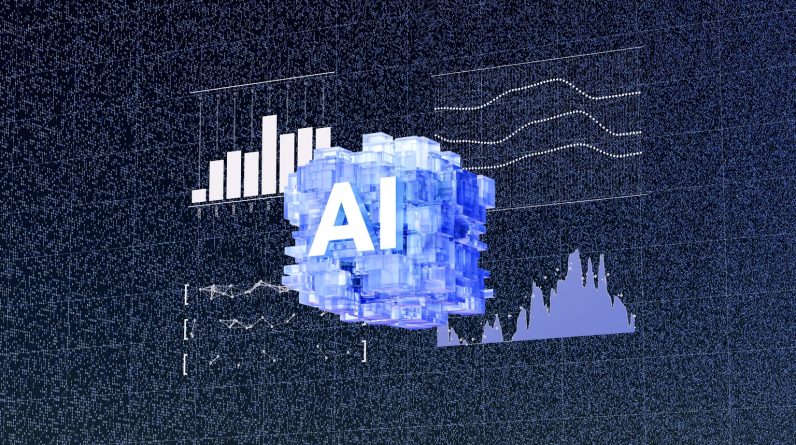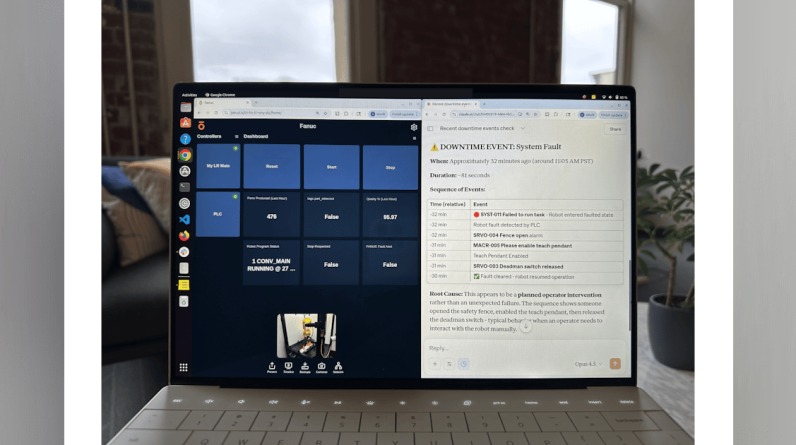
Join our daily and weekly newsletters for the latest updates and exclusive content on industry-leading AI coverage. Learn More
In the current generative AI boom, there has been a lot of attention paid to using the technology to generate new code. When it comes to real enterprise use cases for application development, there is much more to the software development lifecycle than just writing code.
Today, software development firm Harness announced its latest platform update, which brings in the power of generative AI to assist throughout the enterprise software development and delivery process. Harness was founded back in 2017, with an initial core focus on helping to automate the continuous integration/continuous delivery (CI/CD) process which is a foundational element of modern DevOps. The company has continued to iterate and expand its offerings to become a software delivery platform. In 2023, the company introduced its AI Development Assistant (AIDA) as a tool to help automate parts of the enterprise software development process. With the new updates today, Harness is significantly expanding its capabilities with a series of AI agents to help accelerate the entire enterprise software development lifecycle. Among the agents are: AI DevOps Engineer (ADE), QA Assistant, AI Code Generation and an AI Productivity Insights service.
“Our primary thesis is that developers waste a lot of time doing all the toil,” Jyoti Bansal, CEO and co-founder of Harness told VentureBeat. “Toil comes with all the kinds of tasks that you’re doing that are outside of coding.”
Automating the enterprise software development lifecycle
Removing toil is about having smart intelligent automation, that is now powered by AI agents in the Harness platform.
Bansal said that the AI DevOps Engineer is an advancement over the company’s previous AI developer assistant. He described it as an agent architecture, which does more than just answer questions, it actually does things for developers. This agent can perform complex tasks such as creating pipelines for code building and deployment and even attempting to fix failed deployments automatically.
The AI QA Assistant, on the other hand, focuses on generating test automation, particularly for end-to-end testing of web and mobile applications. The QA Assistant specifically targets end-to-end testing evaluating how the end users are experiencing an application.
“What we are seeing is about an 80% reduction in the effort it takes to write tests,” Bansal said. “The same test that would have taken a week to write for some say, some web application could be brought down to just a few hours.”
Harness gets into the AI code assistant business
As part of the platform update Harness is also finally getting into the AI code assistant space. The Harness AI code assistant uses Google Cloud’s Gemini models.
AI code assistants are not a new thing with multiple vendors and technologies in the market. Among the early entrants in the space was GitHub Copilot which helps developers to write code. Among the many vendors today that sell AI code assistant technologies are Replit, Tabnine, Oracle and AWS.
Bansal said the Harness AI code assistant is similar to GitHub Copilot in that it provides real-time code suggestions and autocompletion capabilities as developers write code. He emphasized that code generation is only one small part of the larger Harness platform and the real differentiation against others is that it is part of the integrated offering.
AI Productivity Insights provides a new view into enterprise software development
Every enterprise is concerned about productivity, but it’s not always an easy thing to measure. That’s where the new Harness AI Productivity Insights tool aims to help.
Bansal said that the tool helps compare the productivity of developers using AI coding assistants versus those not using them. The goal is to provide quantifiable data on the actual productivity gains from using AI coding assistants, as there have been a lot of anecdotal claims but lack of concrete data. It measures metrics like velocity which includes code commits and lines of code, quality and developer sentiment.
The overall goal with the new products is to significantly boost developer productivity. Bansal said using the AI agent approach he expects enterprise developer teams can be up to 50% more productive. He emphasized that while the basic workflow steps remain the same, each step becomes more efficient with AI assistance. This efficiency gain extends beyond coding to testing, deployment, security compliance, and operational management.
“How we’re looking at it, is can we get efficiencies across the entire workflow of all the things that people have to do, so developers can free up the time from there and now they can spend more time on the creative problem solving side of things,” he said.
VB Daily
Stay in the know! Get the latest news in your inbox daily
Thanks for subscribing. Check out more VB newsletters here.
An error occured.






